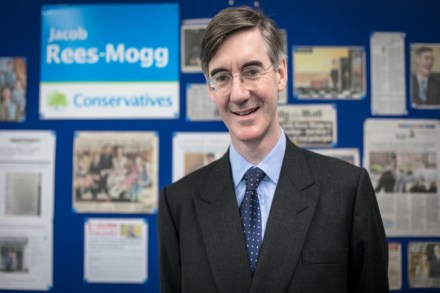Books Podcast: life and death in the Falklands – and what happens after
In this week’s books podcast I’m talking to Helen Parr about her remarkable new book Our Boys: The Story of A Paratrooper, which blends memoir, social history and military history to tell the story of the paratroopers who fought in the Falklands War and what happened when they came home — or, as in the case of Parr’s 19-year-old uncle, didn’t. Helen talks about what civilians can and can’t know of the experience of men who kill and risk death in combat, about the history of the paratroop regiment, and the sea-change in Britain’s relationship with its serving soldiers and its veterans that took place from the 1980s onwards.



















